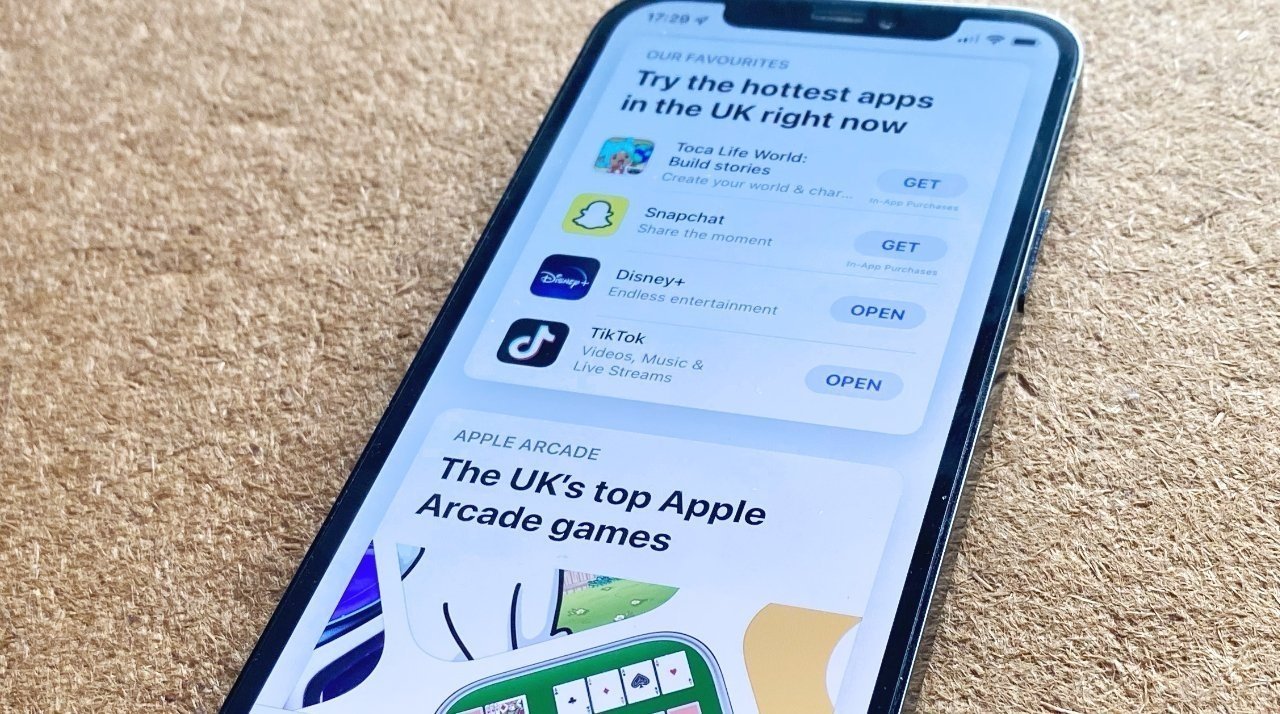Apple has succeeded in its bid to temporarily stay a court order forcing it to make changes to App Store payment guidelines following the landmark Epic vs. Apple ruling.

The U.S. District Court of Appeals for the Ninth Circuit said that Apple could have the time it asked for to make its argument in its appeal. Had it failed in its bid, Apple would have needed to make the changes by December 9.
"Apple has demonstrated, at minimum, that its appeal raises serious questions on the merits of the district court's determination that Epic Games, Inc. failed to show Apple's conduct violated any antitrust laws but did show that the same conduct violated California's Unfair Competition Law," the judge ruled.
However, the changes required by the ruling allowing developers to contact users through information "obtained voluntarily" is unaffected by Wednesday's stay.
The stay remains in place until the appeal arguments are heard, and the ruling is made.
The ruling on Wednesday stems from the aftermath of the Epic vs Apple lawsuit, which largely went Apple's way. While it wasn't declared by court to be a monopoly, Apple was still required to make changes to its App Store developer guidelines to effectively remove Apple's anti-steering rules.
The changes basically allowed developers to inform users of other ways to make purchases within the app, instead of being forced to use the existing in-app purchases mechanism. Developers were also to be allowed to communicate with users about the changes.
After the trial, Apple filed an appeal on October 8, along with a motion to stay the enforcement of the changes, originally scheduled to go into effect on December 9. Apple argued the changes were a dangerous proposition to users, including making it harder to combat fraud, and potentially enabling user data to be collected by malicious websites.
There was also the matter of implementing changes to its platform, which Apple believed could take "months" to complete.
Apple's appeal to stay enforcement was denied on November 10 by U.S. District Judge Yvonne Gonzalez Rogers, who also presided over the original trial. Apple's motion was deemed to be "based on a selective reading of the Court's findings and ignores all of the findings which supported the injunction."
On December 2, Apple petitioned the Court of Appeals on the matter, asking for an "administrative stay" of 30 days in a second attempt. Without a stay, Apple claimed "the App Store will have to be reconfigured - to the detriment of consumers, developers, and Apple itself."

